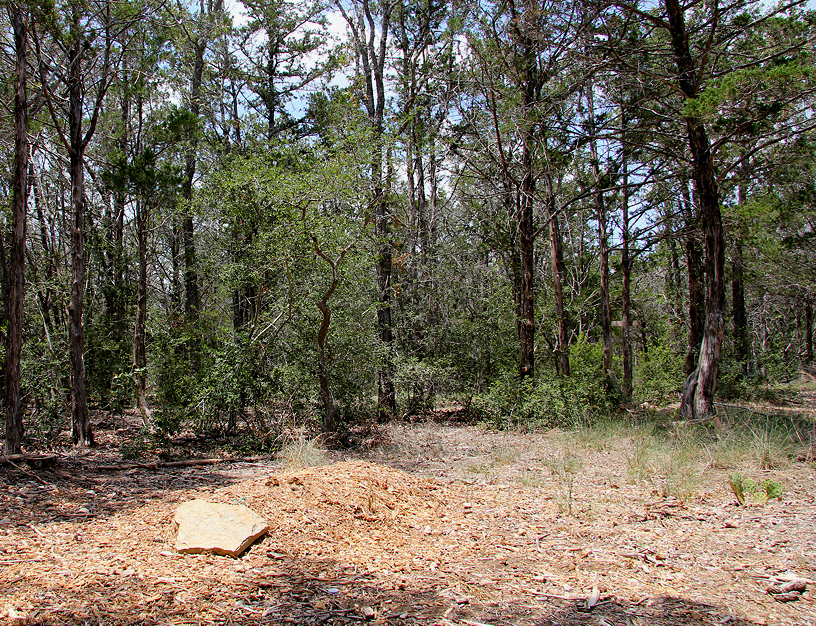In the January 2022 issue of FSJ, we asked Simon Cox of Funeral Solution Expert to provide insight into how environmental factors may influence consumer funeral choices. Here, Simon explores how new human body disposal methods may start to replace cremation.
You may recall from our previous article and research, that 79% of consumers said they would prefer a more environment-friendly funeral and some components of current funeral practices such as coffins, and NOx abatement were high up the list of concerns they were asked to comment on.
As a follow-up to that work we further explored with consumers how they perceive existing and new body disposal methodologies, in respect of their environmentally-friendly credentials.
The results were quite startling – and give credibility to the view that the rapid rise of ‘dark green’ consumers (those who put the environment and sustainability at the heart of their purchase choices*) are going to significantly change the funeral landscape in the coming years.
In considering new methodologies, we explored those that either have been launched or talked about here in the UK, and over in the US.
We asked consumers how environmentally friendly they perceived each method to be and if all were currently available (including new options) which would they choose:
The methods we explored:
Existing – (Gas) Cremation
Existing – Burial (Churchyard/cemetery near to me or linked to my faith)
Existing – Natural Burial
New – Electric Cremation
New – Resomation (water cremation)
New – Organic Dispersal (soil + organic compounds convert body to nutrient soil in single uninterrupted stage)
To ensure this short study was robust, we used a nationally representative sample of 1,500 UK adults. We were careful to ensure general understanding of current methods, including agreeing fair wording for each method (existing and new) with one of the UK’s leading trade bodies casting a professional eye over this project.
Perceptions of ‘environmentally friendly’ merits
Consumers were asked to rate each of the methods as to ‘how harmful’ or ‘how helpful’ they were for the environment. The results are below.
 While consumers could not be expected to understand the actual environmental credentials of each method, their perception is that gas cremation is most harmful (39%). Even electric cremation, which could be seen as an improvement in green credentials, is perceived to be harmful (31%).
While consumers could not be expected to understand the actual environmental credentials of each method, their perception is that gas cremation is most harmful (39%). Even electric cremation, which could be seen as an improvement in green credentials, is perceived to be harmful (31%).
Organic dispersal is reckoned to be the least harmful, and with 46% rating it as helpful, it is a way ahead of other methods.
If we order the scores (net positive or net negative) we see that consumers perceive that only natural burial and organic dispersal are seen as ‘environmentally positive’ methods.
Organic Dispersal: +21%
Natural Burial: +14%
Resomation: -1%
Electric Cremation: -11%
Burial: -13%
Cremation: -20%
A clear consumer appetite for new and environmentally-friendly methods
Our survey validated previous findings in respect that more than three quarters (77%) would consider an environmentally-friendly way of dealing with a dead body.
When considering all potential new methods (electric cremation, resomation and organic dispersal) 72% said they would consider one of these methods for themselves. Some 32% would definitely consider, 40% might consider.
We asked consumers if all six methods were available to them today which they would choose for themselves.
Cremation (any) remained most popular (36%), followed by burial (any) at 33%. Somewhat surprising for a completely new (and largely unknown) method, organic dispersal was preferred by 27%.
We also tested our findings with a filter of ‘dark green’ consumers in conjunction with Trajectory Partnership, where this strategic segmentation work originated. Unsurprisingly consumers who place ‘high importance on sustainability’ rate even higher with 87% preferring a more environmentally-friendly funeral.
SUMMARY
Assuming existing and new methods are available in the near future in the UK marketplace, it is likely that they will replace cremation volumes in the mid-to-long term, given they currently account for around 80% of all funerals in the UK.
Our research suggests that burial volumes will stand firm, and there is a largely unfulfilled potential in natural burial.
And of the new methods emerging, organic dispersal offers significant potential if the solution is delivered that matches consumer interest, desired environmentally-friendly credentials and at an appropriate price point.

